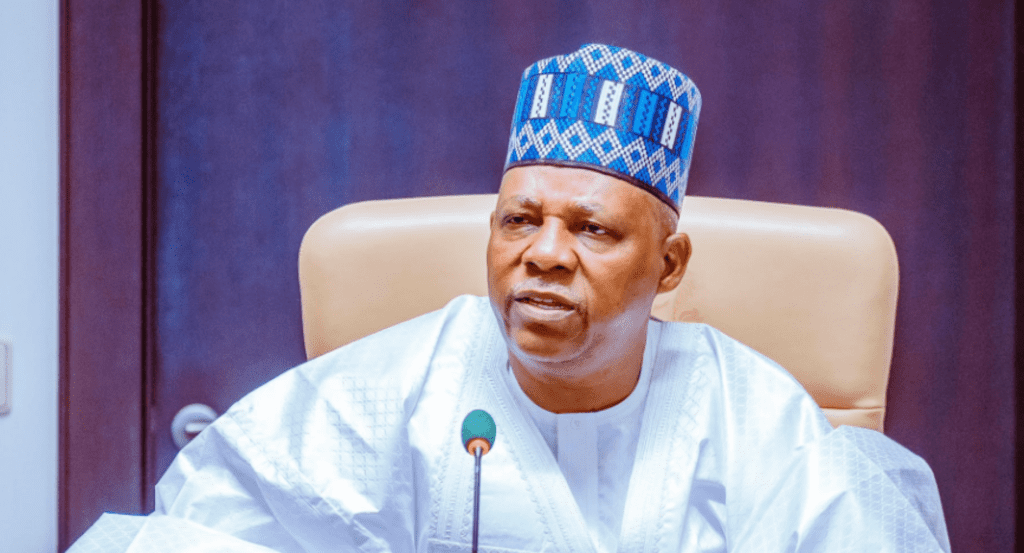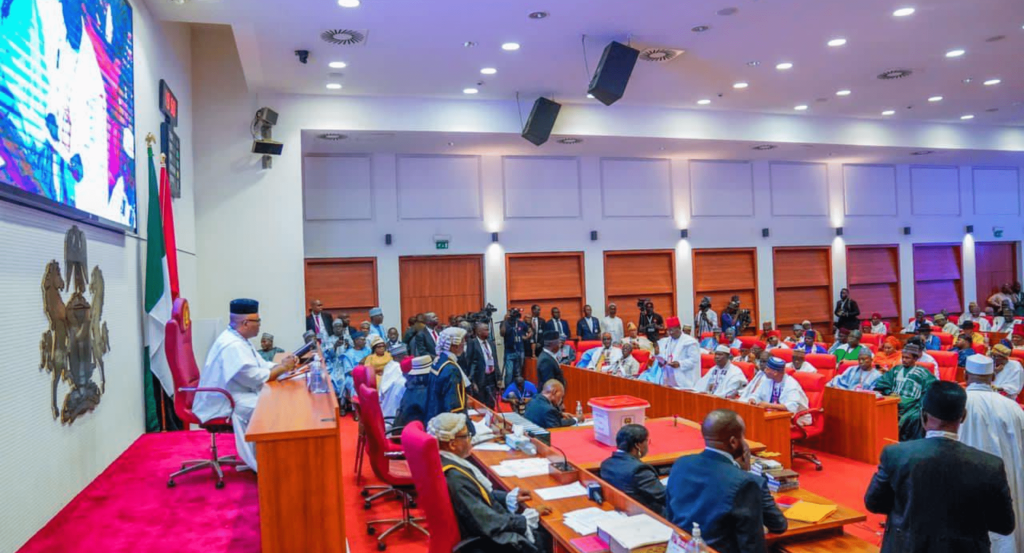Nigeria’s oil sector has received a significant boost with the addition of 30,000 barrels per day (BPD) to its production capacity following the launch of a Nigerian-owned oil production facility in Dubai. Vice President Kashim Shettima departed Abuja on December 13, 2024, to represent President Bola Ahmed Tinubu at the landmark event.
The state-of-the-art facility, owned by Nigerians, aims to enhance the country’s crude oil production and consolidate its presence in the global energy market. Vice President Shettima highlighted the project as a testament to Nigeria’s entrepreneurial spirit and a key step toward achieving energy security and economic growth.
During the launch, Shettima emphasized the importance of diversifying Nigeria’s oil sector and expanding its production capacity. He noted that the facility’s operations are expected to generate revenue and strengthen bilateral relations with the United Arab Emirates (UAE) and other international stakeholders.
President Tinubu’s administration has prioritized energy sector reforms as part of its broader economic development strategy. The launch of this facility aligns with ongoing efforts to increase oil production, reduce reliance on imports, and attract foreign investment.
The addition of 30,000 BPD comes at a critical time when Nigeria is working to meet its production targets amidst fluctuating global oil prices and domestic challenges in the oil and gas sector. The new facility is expected to play a pivotal role in achieving these objectives.
Shettima’s visit also underscores Nigeria’s commitment to fostering international partnerships. His engagements in Dubai are part of a broader effort to showcase the country’s potential as a hub for energy investments. The UAE launch is seen as a stepping stone for further collaborations in the Middle East and beyond.
The boost in production is expected to positively impact Nigeria’s economy by increasing export revenues and addressing the supply-demand gap in the oil market. It also underscores the country’s capability to leverage international platforms for economic advancement.
This milestone highlights the potential of Nigerian enterprises to operate at a global scale and contribute to the nation’s long-term development goals.



























